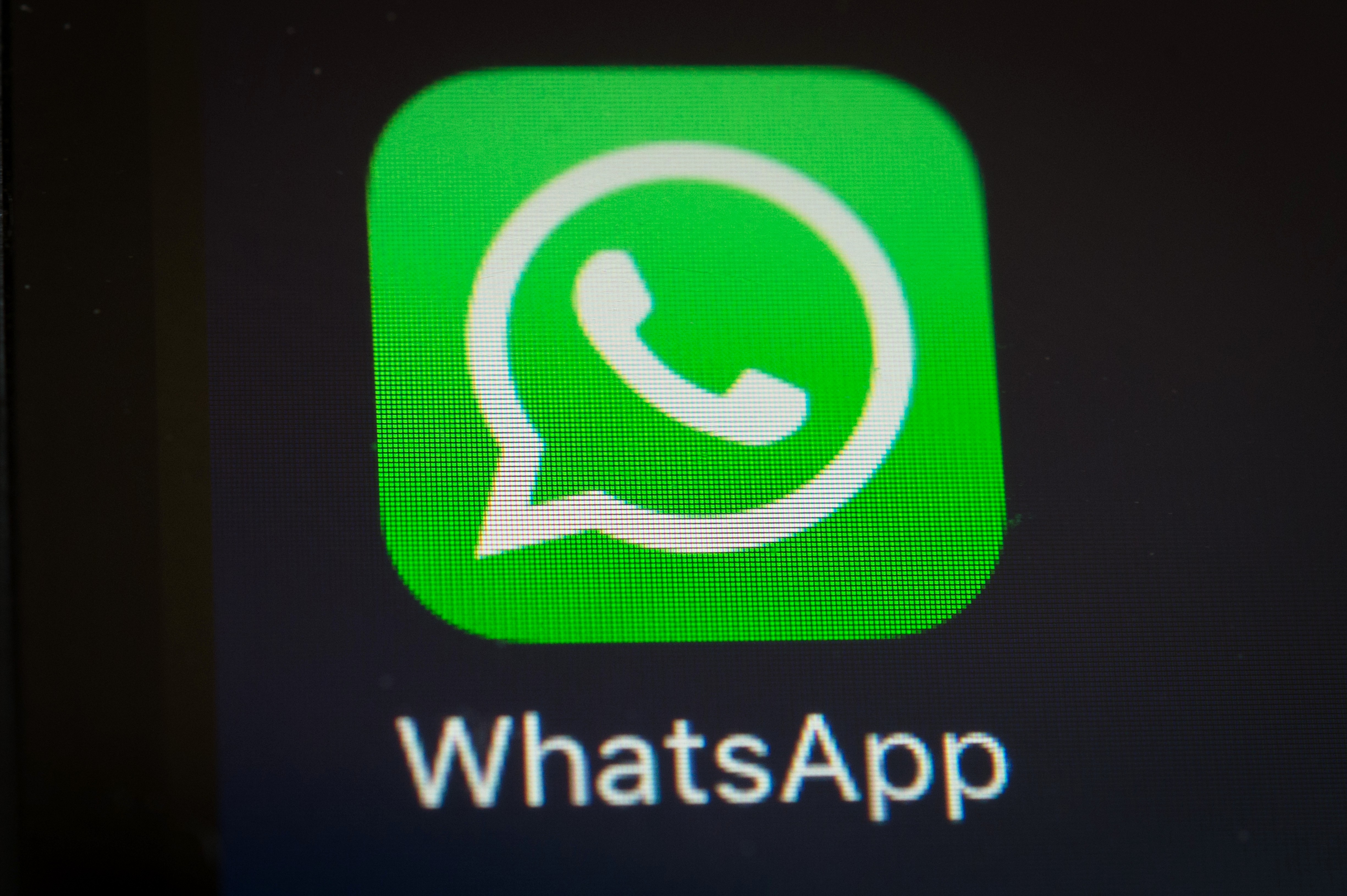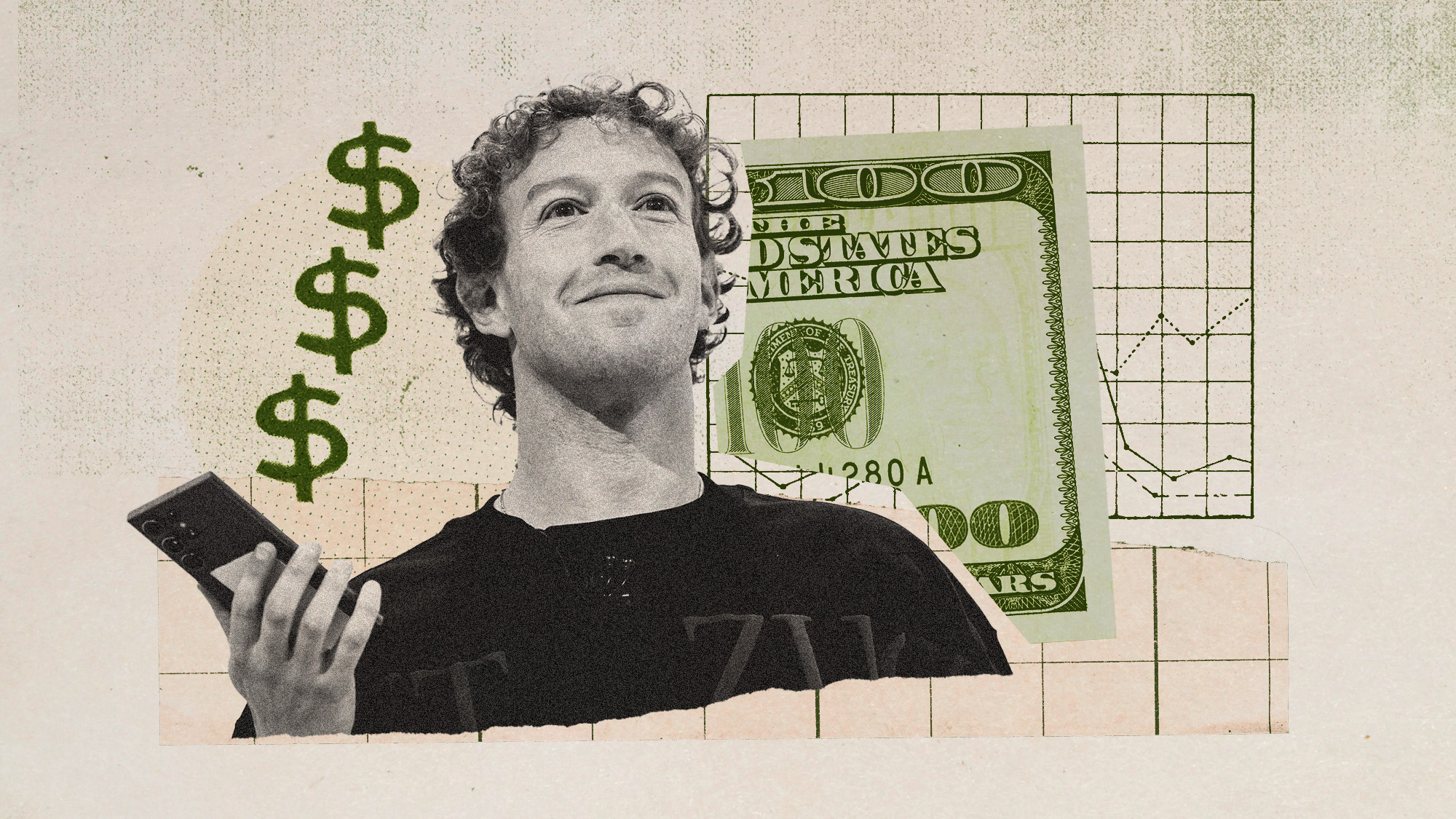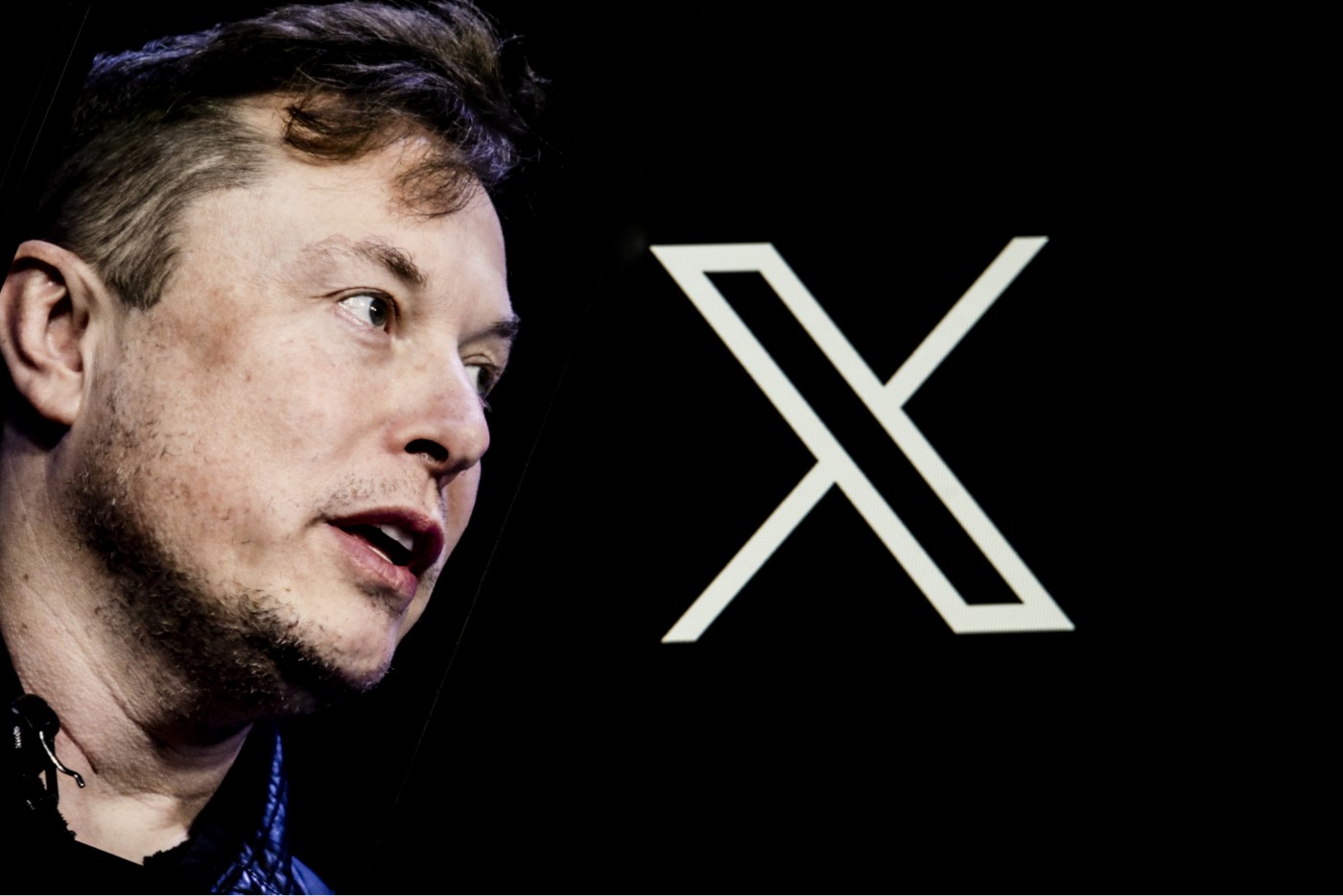WhatsApp blocked in China ahead of Communist meeting
The messaging service can only be accessed by VPNs that can bypass the ‘Great Firewall’

A free daily email with the biggest news stories of the day – and the best features from TheWeek.com
You are now subscribed
Your newsletter sign-up was successful
The mobile messaging platform WhatsApp has been “largely blocked” by the Chinese authorities in the run-up to a major Communist Party assembly next month, reports The New York Times.
The Facebook-owned service provides message encryption technology that’s unlikely to please the Chinese authorities, says The Daily Telegraph. China has a history of restricting access to websites and services through its Great Firewall, and has increased its online policing even further this year.
Some users in China have experienced “problems with the app for more than a week with services dropping in and out”, says BBC News.
The Week
Escape your echo chamber. Get the facts behind the news, plus analysis from multiple perspectives.

Sign up for The Week's Free Newsletters
From our morning news briefing to a weekly Good News Newsletter, get the best of The Week delivered directly to your inbox.
From our morning news briefing to a weekly Good News Newsletter, get the best of The Week delivered directly to your inbox.
On some occasions, the news site says the app has been “completely blocked and only accessible via virtual private networks (VPNs) which circumvent China’s internet firewall.”
Nadim Kobeissi, an applied cryptographer at the startup firm Symbolic Software, told The Verge: “It seems that what we initially monitored as censorship of WhatsApp’s photo, video and voice note sharing capabilities in July has now evolved to what appears to be consistent text messaging blocking and throttling across China.”
Officials in China are believed to be behind the disruptions. Sky News says “censorship controls on social media are being tightened ahead of the Communist Party congress next month.”
President Xi Jinping is due to be appointed at the assembly to a second five-year term, the site says.
A free daily email with the biggest news stories of the day – and the best features from TheWeek.com
WhatsApp isn’t the first messaging platform to be blocked under China’s Great Firewall. The Verge says Facebook has been banned in China since 2009, as have Twitter and Google Docs.
-
 Bondi, Democrats clash over Epstein in hearing
Bondi, Democrats clash over Epstein in hearingSpeed Read Attorney General Pam Bondi ignored survivors of convicted sex offender Jeffrey Epstein and demanded that Democrats apologize to Trump
-
 Are Big Tech firms the new tobacco companies?
Are Big Tech firms the new tobacco companies?Today’s Big Question Trial will determine if Meta, YouTube designed addictive products
-
 El Paso airspace closure tied to FAA-Pentagon standoff
El Paso airspace closure tied to FAA-Pentagon standoffSpeed Read The closure in the Texas border city stemmed from disagreements between the Federal Aviation Administration and Pentagon officials over drone-related tests
-
 Is social media over?
Is social media over?Today’s Big Question We may look back on 2025 as the moment social media jumped the shark
-
 Social media: How 'content' replaced friendship
Social media: How 'content' replaced friendshipFeature Facebook has shifted from connecting with friends to competing with entertainment companies
-
 Meta on trial: What will become of Mark Zuckerberg's social media empire?
Meta on trial: What will become of Mark Zuckerberg's social media empire?Today's Big Question Despite the CEO's attempt to ingratiate himself with Trump, Meta is on trial, accused by the U.S. government of breaking antitrust law
-
 What does an ex-executive's new memoir reveal about Meta's free speech pivot?
What does an ex-executive's new memoir reveal about Meta's free speech pivot?Today's Big Question 'Careless People' says Facebook was ready to do China censorship
-
 What's Mark Zuckerberg's net worth?
What's Mark Zuckerberg's net worth?In Depth The Meta magnate's products are a part of billions of lives
-
 Is the AI bubble deflating?
Is the AI bubble deflating?Today's Big Question Growing skepticism and high costs prompt reconsideration
-
 How social media is limiting political content
How social media is limiting political contentThe Explainer Critics say Meta's 'extraordinary move' to have less politics in users' feeds could be 'actively muzzling civic action'
-
 Twitter's year of Elon Musk: what happens next?
Twitter's year of Elon Musk: what happens next?In the Spotlight 'Your platform is dying', says one commentator, but new CEO is aiming for profitability next year